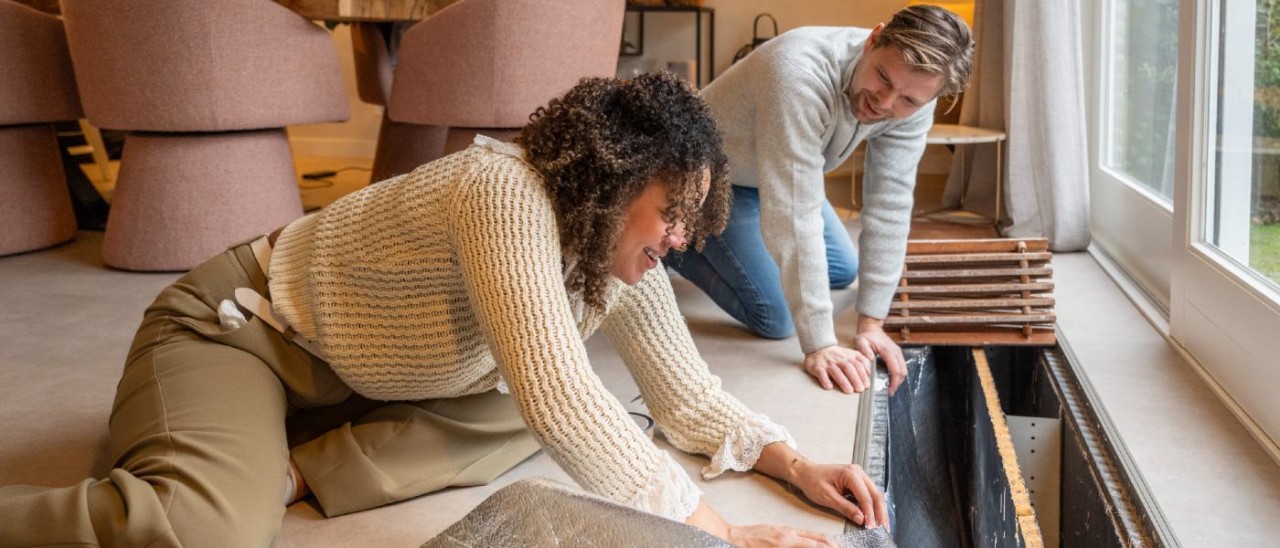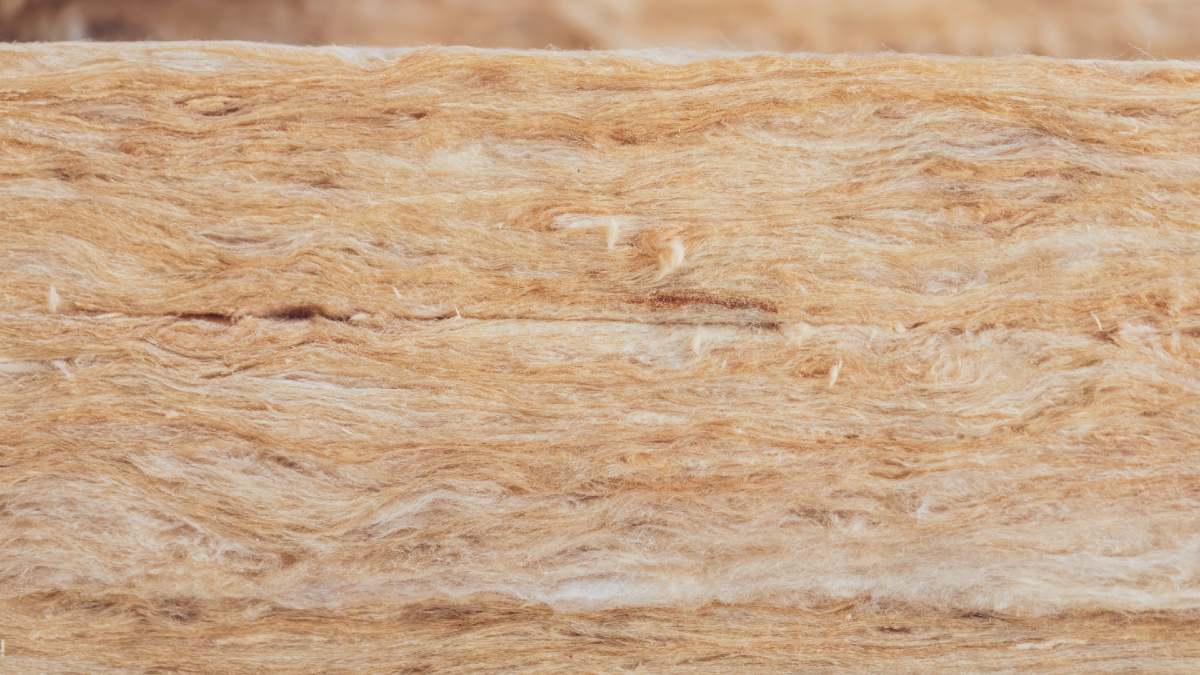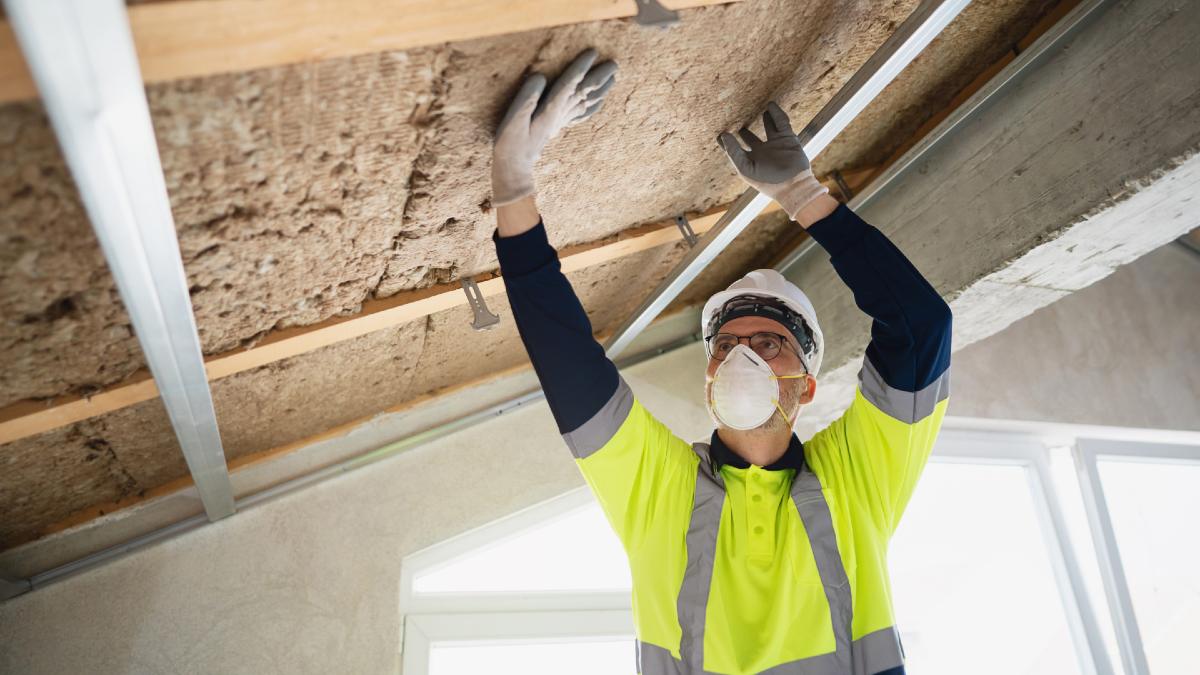Completing home maintenance can help should you need to make an insurance claim. Here are the maintenance tasks you shouldn't neglect.
How to insulate a house in a cost effective way

Insulate your home to stay warm in the cooler months and cool in the warmer months.
Make sure you check your insulation to keep your home warm in winter and cool in summer. Along with solar panels, batteries and switching energy providers, a well-insulated home can help reduce the cost of your energy bills.
Here's what you need to know about investing in good quality insulation and having it professionally installed to cut your heating and cooling costs.
Interested in household heating and cooling efficiency?
- How to choose the best heating and cooling solutions for your home
- How to keep warm this winter and save money on heating
- Home cooling: guide to the best air conditioners and fans
- Air conditioner servicing and maintenance: what you need to know
- How to improve energy efficiency in your home
- How to save money on energy bills when renting
How to insulate a house
What is insulation?
Insulation is a material that slows or prevents the flow of heat. Insulation is used to stop heat inside the home from escaping in winter, and to stop heat outside the home from entering in summer.
It can be laid in the cavities behind your plaster. Consider the areas of your home that need insulation, which could include ceiling, floors, crawl spaces, hallways, basement, garage, doors and around windows.
Effective ceiling insulation is the best barrier against the summer heat and the winter cold, saving you on your heating and cooling energy costs.
Why do I need insulation?
The Victorian Department of Energy, Environment and Climate Action (DEECA) reports that almost 60 per cent of homes in Victoria have no ceiling insulation or are under-insulated.
Households could save 45 per cent or more on their heating and cooling costs by installing roof and ceiling insulation, according to the Australian Department of Climate Change, Energy, the Environment and Water (DCCEEW). Further savings on energy bills are possible if the walls are insulated as well.
Eligible households in Victoria will be able to access discounts on ceiling insulation from early 2026.
What are the benefits of insulation?
The benefits of home insulation include:
- Stable temperatures - insulation keeps indoor temperatures stable, eliminating cold spots like hallways
- Eco-friendly design - insulation contributes to lowering greenhouse gas emissions
- Energy efficiency - insulation minimises the need for constant heating and cooling, helping to reduce energy bills
- Quiet homes - insulation can also reduce noise infiltration
- Heathier air - effective insulation can keep allergens and pollutants from entering your home.

Insulation's performance is calculated by its resistance to heat flow. Image: Getty
What is insulation R-value?
The performance of any insulation product is known as the R-value. This rating system measures an insulation product's resistance to heat flow, also known as thermal resistance.
The higher the R-value, the higher the level of insulation - and the better the savings on your energy bill. In Victoria, the recommended minimum R-value for bulk ceiling insulation is R3.5. For alpine Victoria, it's R5.
All insulation materials sold in Australia must meet Australian Standard AS/NZS 4859.
What type of insulation do I need?
There are two main types of insulation.
Reflective foil insulation, which works by reducing the radiant heat transfer across an enclosed space. Shiny aluminium foil is usually laminated onto paper or plastic, this style of insulation is available in sheets, batts and multi-cell batts. It works most effectively when placed with the shiny side facing an enclosed air space of at least 255mm.
Bulk insulation traps millions of tiny pockets of still air within its structure. The air pockets provide the resistance to heat flow, which gives the material its insulating effect.
Bulk insulation is versatile, with three main types:
- Batts or blanket insulation - can cater to different needs and spaces within your home, like wall insulation, raised floors and ceiling insulation
- Board insulation - can be useful in floors and walls where the wall cavity is tight, not allowing enough space for batts; can also be a good option for cathedral ceilings
- Loose-fill insulation - great for getting into nooks where other types of insulation won't fit.
Bulk insulation can be made from cellulose fibre, polyester, natural wool, glass wool, rockwool, or extruded/expandable polystyrene. When selecting an insulation material, check its acoustic performance or Sound Transmission Class (STC) rating. Heavier insulation materials like rockwool can give you good sound reduction for a quieter home.

It's best to get a professional to install and inspect your insulation. Image: Getty
Can I get a discount on home insulation?
If you live in Victoria, you may be eligible for a discount next year. The Victorian Government is offering insulation discounts for eligible households from early 2026 as part of the Victorian Energy Upgrades program.
How do I get insulation installed?
Most of the time, installing insulation is best left to the experts. Insulation needs to have minimum clearances around downlights, hot flues, exhaust fans, appliances and fittings to reduce the risk of house fires. Trained professionals will have the required skills and knowledge of the various standards and national codes of practice in place to cover the installation process.
If you are determined to install the insulation yourself, read these insulation health and safety tips from Sustainability Victoria to minimise risk to yourself and your property. Make sure to never work alone, always wear protective clothing, and ensure your electricity is turned off at the switchbox.
Inspecting your insulation
Insulation can degrade over time, so periodic checks and maintenance can help prolong its lifetime and performance.
Moisture infiltration is particularly important to look out for, since it can lead to mould growth, rotting materials and reduced thermal performance. You should also check for air leaks and gaps that might need filling and quickly replace any damaged insulation.
Pests like mice and insects can also damage insulation and decrease its effectiveness. Make sure you take proactive measures to replace any damaged insulation to ensure your home remains energy efficient.
More: How regular house maintenance can help with home insurance claims
RACV Trades is a trading name of RACV's trade partner, Club Home Response Pty Ltd (Victorian registered domestic building practitioner number CDB-U 100178). All works are performed or arranged by Club Home Response Pty Ltd. trading as RACV Trades. Read the RACV Trades Terms and Conditions.


